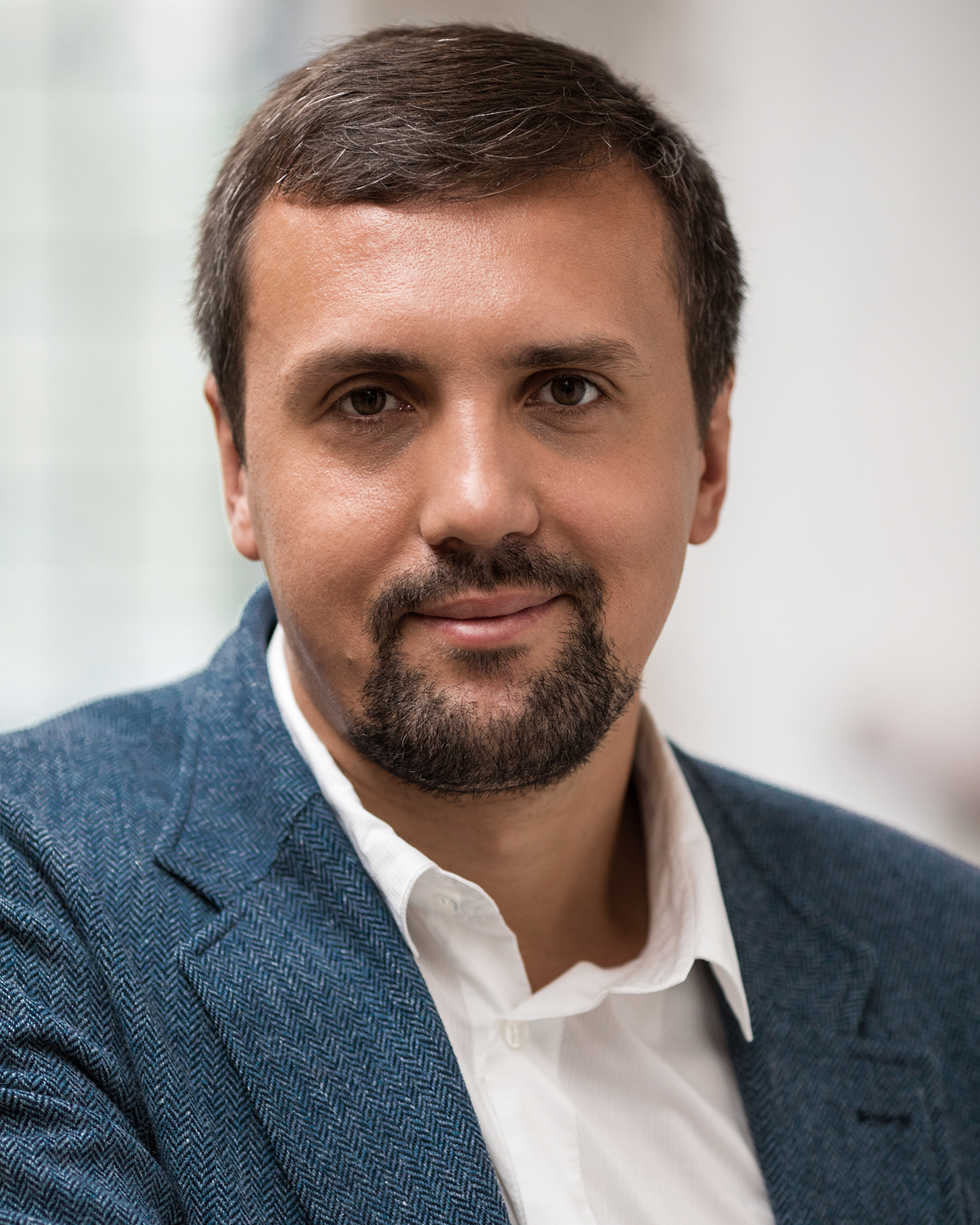Moscow City’s IT Department analysts announced the results of a large-scale research focusing on mobile internet services and affordability of mobile connection in a number of smart cities worldwide. The study indicates that Moscow’s citizens enjoyed the lowest average price for mobile internet services in 2017 compared to the reference group which included London, Stockholm, New York, Singapore and Dubai.
According to the analyst’s calculations, the average price of mobile internet in Moscow is the lowest. A Muscovite will have to pay 3-4 times less than a Londoner and 5-8 times less than a New Yorker (depending on the preferred mobile data package).
For each city Moscow experts analysed mobile plans with low (less than 4GB of data per month), moderate (5-12 GB) and greater allowances (more than 13 GB). According to the research, using maximum packages is more favourable. In Q3 2017, those users who chose the maximum packages saved from 1.4 times (in New York) up to 5 times (in Stockholm) more money than those who bought minimum ones.
In absolute numbers prices for minimum mobile data packages range from US$1.49 (€1.24) per 1 GB in Moscow up to $14.11 (€11.78) in Dubai. In Barcelona a user pays the average of $4.61 (€3.85) per 1 GB, in London $4.97 (€4.15), in New York $7.83 (€6.54), in Stockholm $7.86 (€6.56), and in Singapore $9.56 (€7.98).
Those mobile internet users who are not ready to put any limits on their web browsing choose maximum packages. Here average prices are $0.73 (€0.61) per 1 GB in Moscow, $1.61 (€1.34) in Stockholm, $1.65 (€1.38) in London, $2.27 (€1.90) in Barcelona, $5.59 (€4.67) in Singapore, $5.77 (€5.77) in New York, and $6.05 (€5.05) in Dubai.
“Mobile internet in Moscow is one of the most affordable among the smart cities worldwide. There are several large private mobile operators present in the capital, ensuring that the population get the most competitive prices possible,” comments Andrey Belozerov, Strategy and Innovations advisor to CIO of Moscow.

“In a further effort to secure the access to the internet for everybody Moscow authorities are going to spend 830 million rubles $14.3 million (€1141.72 million) on free public Wi-Fi hotspots ahead of the 2018 FIFA World Cup, adding 2,000 new Wi-Fi hotspots to its existing infrastructure of over 30,000 hotspots. Thus, we will reach 100% coverage in the city centre,” he adds.
Relocating to Moscow where 99% is covered by 4G at 7+ Mbps and evolution from 4G to 5G technology is on the go, you can buy a monthly mobile internet connection plan for the price of a cup of cappuccino. The broadband connection is likewise affordable – an average Moscow citizen spends less than 1% of monthly income on broadband.
Checking emails, communicating via messaging apps, booking and shopping online become an inevitable part of our daily life. Five billion people are now connected to mobile networks, representing two-thirds of the world’s population. Internet access is not only a catalyst for economic growth; it is also increasingly a precondition for people to participate in government and society. The UN Sustainable Development Goals even include a target to achieve universal, affordable internet access for all by 2020.
Living in the era of the rapid uptake of smartphones, when mobile data consumption continues to increase globally, affordable mobile connectivity becomes even more significant than ever before. Mobile browsing currently accounts for half of the world’s web traffic according to international creative agency We Are Social. And it’s constantly on the rise – based on traffic data collected by Ericsson, the volume of mobile data traffic in Q1 2017 grew by nearly 12% over the previous quarter.
The IT Department of the Moscow Government (DIT) is responsible for building IT infrastructure that aims to transform Moscow into a Smart City. Projects capitalise on digital technologies to improve the lives of citizens and the efficiency of government structures. The implemented projects include e-Government, Digital Public Services, the United Medical Information System, the Moscow Online School, the Intellectual Public Transport System, Wi-Fi city solutions and many others.
Comment on this article below or via Twitter: @IoTNow OR @jcIoTnow










